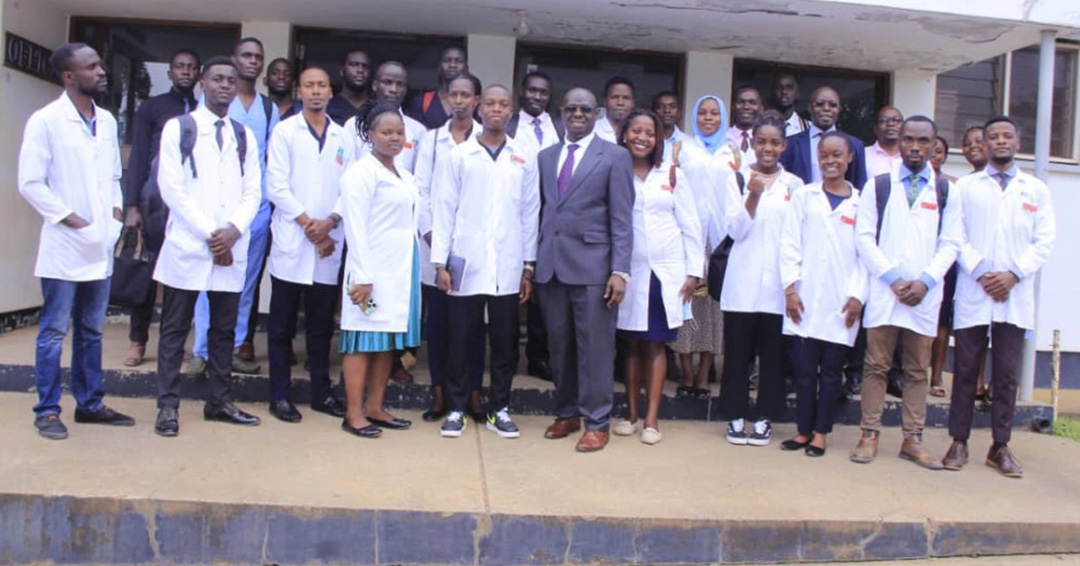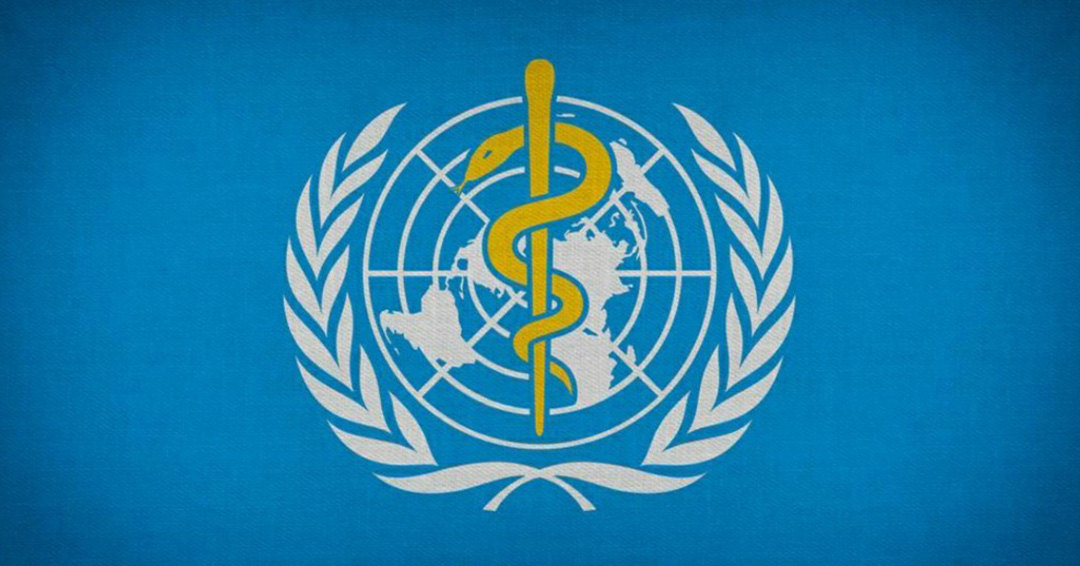
Sep
KIU Teaching Hospital Strengthens Partnership With Kitagata General Hospital
September 5, 2024, 9:40 am
 Administrator
Administrator

KIU, Main Campus - As the COVID-19 global pandemic continues
to take the world by storm, claiming thousands of lives, worldwide efforts are
under way to find treatment and cures for the disease. The World Health
Organization (WHO) has expressed interest in innovations around the world
including the repurposing drugs and traditional medicines, and the development
of new therapies in the search for potential treatments for COVID-19.
However, WHO urges that caution must be taken against
misinformation, especially on social media, about the effectiveness of certain
remedies.
c��?Many plants and substances are being proposed without the
minimum requirements and evidence of quality, safety and efficacy. The use of
products to treat COVID-19, which have not been robustly investigated can put
people in danger, giving a false sense of security and distracting them from
hand washing and physical distancing which are cardinal in COVID-19 prevention,
and may also increase self-medication and the risk to patient safety.c⬝
Although WHO recognizes that Africac��?cs traditional,
complementary and alternative medicine has many benefits due to the long
history of traditional medicine and practitioners that played an important role
in providing care to populations, establishing their efficacy and safety
through rigorous clinical trials is critical.
c��?African governments, through their Ministers of Health, are
to produce evidence on the safety, efficacy and quality of traditional
medicine. Countries are to undertake relevant research and require national
medicines regulatory agencies to approve medicines in line with international
standards, which include the product following a strict research protocol and
undergoing tests and clinical trials.c⬝
WHO also holds that these studies normally involve hundreds
of people under the monitoring of the national regulatory authorities and may
take quite a few months in an expedited process.
WHO welcomes every opportunity to collaborate with countries
and researchers to develop new therapies and encourages such collaboration for
the development of effective and safe therapies for Africa and the world.
Kampala International University,
Box 20000, Ggaba Road, Kansanga, Kampala
+256-760 502660
+256-700 100808